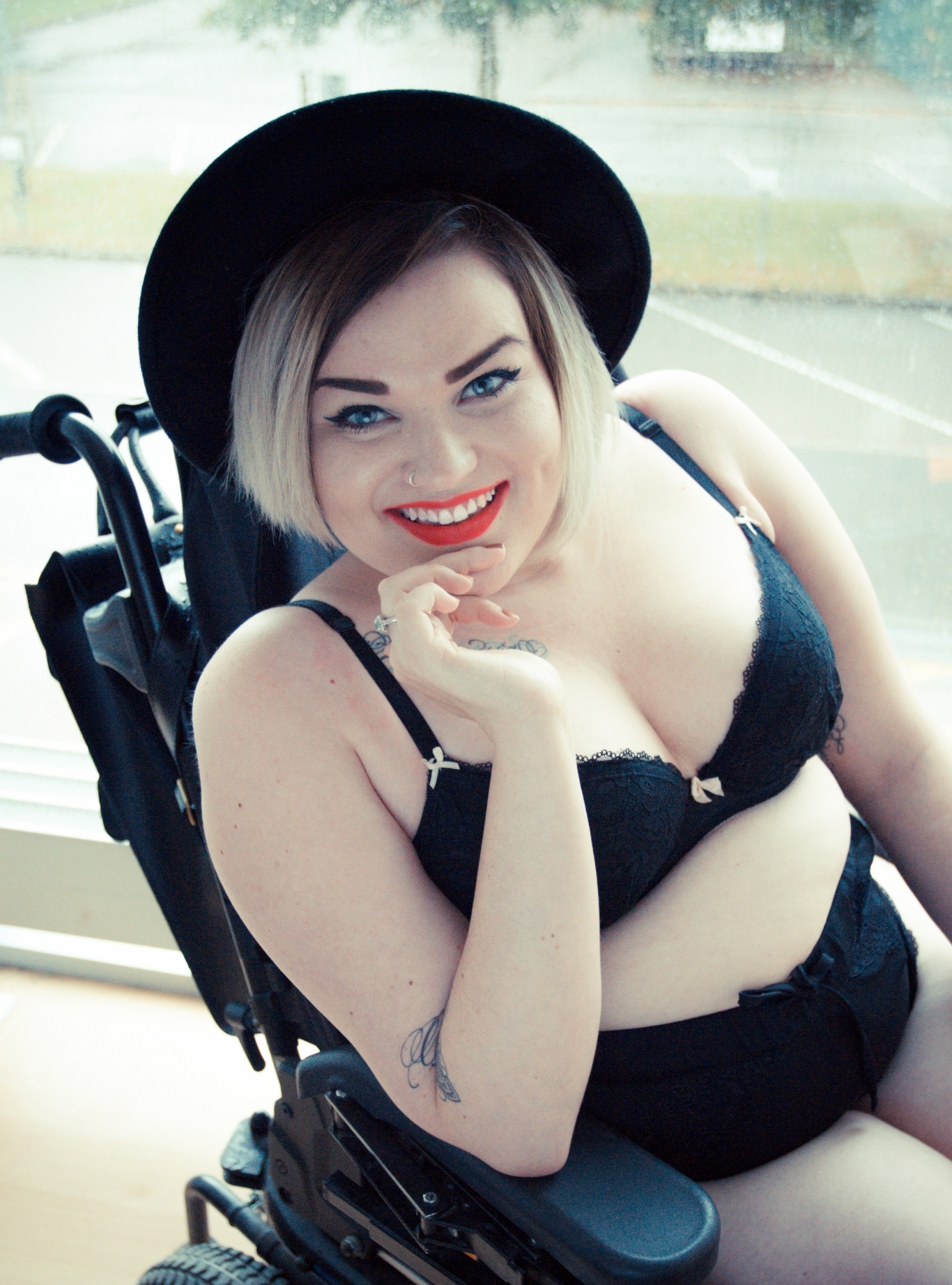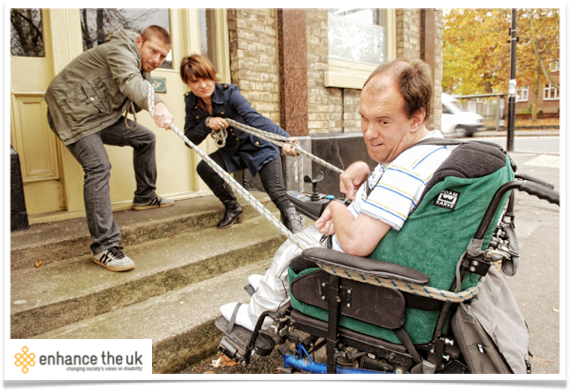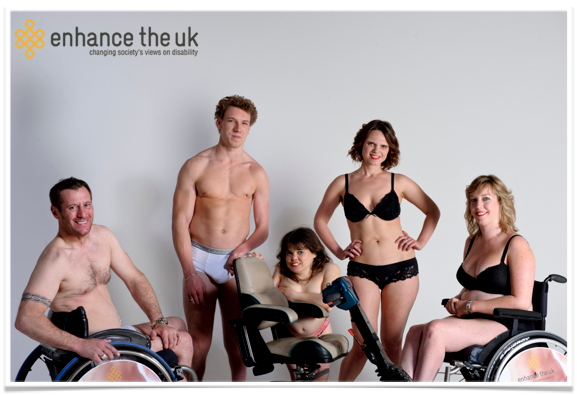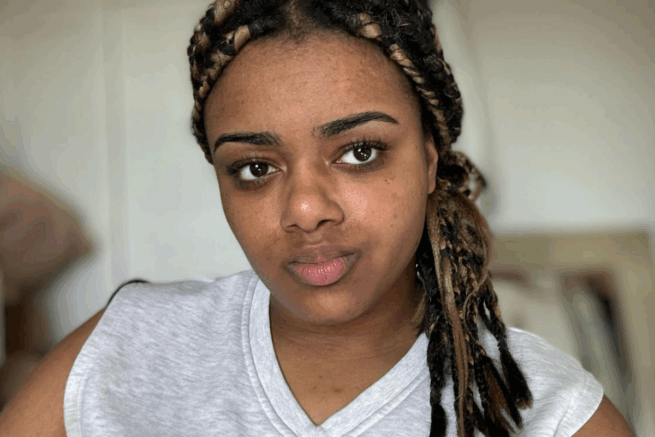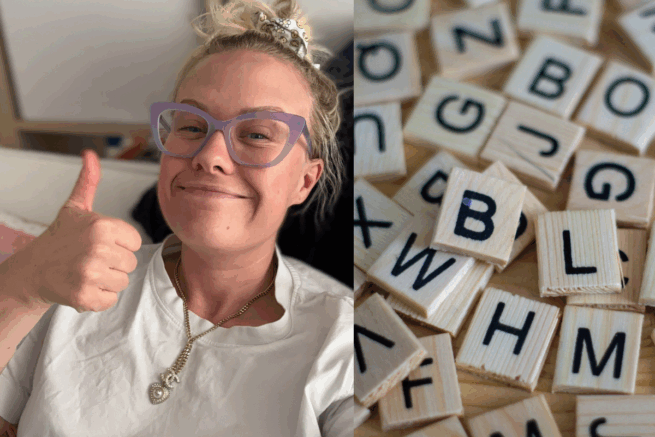
There is a lot to plan when it comes to weddings, from cakes to catering to dresses and suits. Adding accessibility doesn’t have to be difficult, but it does have to include more than just ramps.
Here are some top tips on how to make your big day accessible to everyone.
1. Start with Accessibility in Mind
When you are scouting venues, think about what access your guests may need and ask questions in advance. This could include things like:
- Are there ramps, lifts and accessible bathrooms? That’s not just for outside the venue but inside too, so if somewhere has internal steps, ask if they offer alternative step-free access.
- Are there accessible parking spaces near the entrance? Are there drop-off spaces nearby?
- Working on seating arrangements doesn’t just mean not putting that auntie near that cousin, but also ensuring there is enough space for wheelchair users to sit comfortably, move, and see the ceremony or dinner table.
2. Communicate Early and Clearly
It’s a good idea to include a section on access requirements on your invites or wedding website. Be mindful to mention dietary requirements too, as that will shape the food you select. It’s not just about asking but also implementing the information you receive, too.
If you are sending more information either with an invite or through a wedding website, then think about a section that gives information on step-free routes, quiet spaces, dietary information and timing for the day. All of this is very helpful for disabled and neurodivergent guests.
3. Create a Sensory-Friendly Environment
For neurodivergent guests, weddings can be overwhelming. Consider adding:
- Quiet zones: Offer a calm room or outdoor space where guests can retreat from the noise and lights.
- Lighting and sound: Avoid flashing lights or very loud music. Opt for adjustable lighting and let guests know in advance if there will be loud moments (like confetti cannons).
4. Catering and Dietary Needs
Dietary accommodations are a key part of accessibility. Ensure your caterer can handle:
- Allergies (gluten-free, nut-free, etc.)
- Religious or ethical diets (halal, kosher, vegan)
- Conditions such as coeliac disease, which means not just gluten but also oats. Food needs to be coeliac safe and prepared in an area that is sanitised to avoid cross-contamination.
5. Accessible Entertainment and Activities
Think about how guests will engage with your entertainment. This means you need to think about the flow of the room so that there is enough space for wheelchair users to navigate the space, and use entertainment such as photobooths.
Be mindful of choosing activities that are loud (balloon popping, for example) that neurodivergent people may struggle with or those that require standing for long periods of time. Make sure that you have seating available for anyone who needs it – especially after the dinner section of the evening is cleared away.
Dancefloors will need to have some seating at the edges for people to rest.
6. Ask, Don’t Assume
Every disabled person has different requirements – even those who have the exact same condition. If you know that you have a guest who may have requirements, it’s best to ask them what they may need rather than waiting for them to come to you. After all, sometimes people forget to reply to invites or emails!
It shows that you are being proactive and value their attendance at your wedding. It’s easier to incorporate accessibility from the start rather than trying to rectify any issues that arise later on.
Want to read more blogs on disability? Why not visit our blog page to find more!

